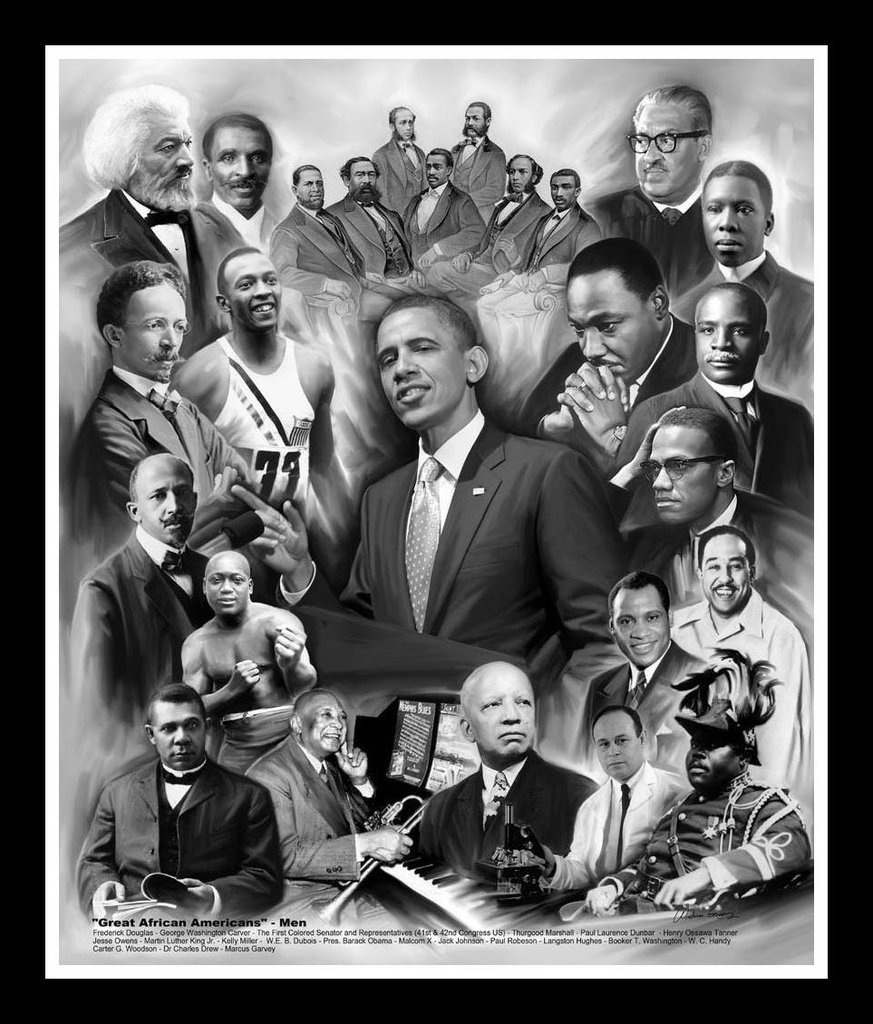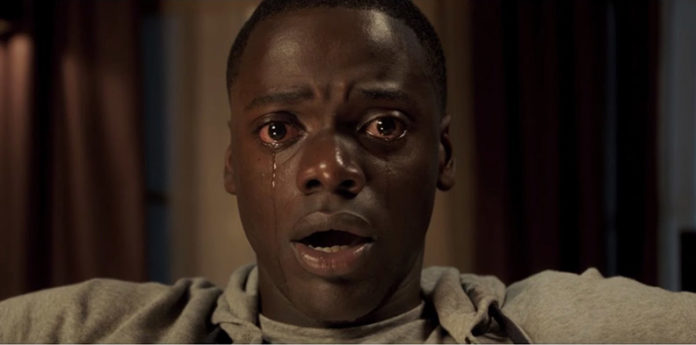Once You Move Past The Tensions, Get Out Creates A Much Needed Conversation About Preserving Black Culture
After months of seeing previews about a film entitled Get Out, it’s release on February 24, 2017 had finally come. Like many people, I was excited about the film’s release and knew early on that I would support the film by going to see it. What was supposed to be a night of leisure, turned into an experience that I could not help but highlight because of what one film was able to do for a crowed theater full of movie goers. After a few days of seeing different perspectives on the film and a number of requests by my peers to add my opinion to the conversation, I thought it was important to tackle the film from a different angle.
After ordering my popcorn and finding a good seat, I instantly realized that this was going to be a packed house because the theater was filling up fast. While watching the previews of movies that are scheduled to come out, I couldn’t help but to pay attention to the groups of people walking in. There were different types of races and age groups flocking to find a seat to this particular movie. I remember an interracial couple walking past my seat discussing whether or not the movie would “depict” interracial couples in a bad light. It was then that I realized this film was much more important than having a good time on a Friday night, but instead it was going to spark a conversation throughout society.
Five minutes before the 7:50PM start time for Get Out, a young African-American man who seemed to be in his early twenties, sat beside me. We both gave each other the universal “head nod” and “what’s up brother” statement. He turned to me and said, “damn bruh I had to come out and support this tonight, you know what I’m saying?”
I laughed and stated, “yeah bro I feel.” I found it interesting that the young male felt the need to tell me how important coming to see the film was to him. The theater was loud at first with excitement for the film, but the crowd instantly became quiet once the movie started. As I crouched lower in my seat to get comfortable, I really didn’t know what to expect from the movie, I just didn’t want to be disappointed.
Within the first ten minutes of the movie, the subject of race set the foundation for the rest of the movie. I was interested in seeing how race was going to be used in order to tell the story. Seeing how the racial climate in the United States has been a hot topic for the past few years, I thought it was important that the film did not shy away from race. As the movie progressed, the issues between Blacks and whites in America were displayed on the big screen in a very unique way. The film was able to balance the issues by offering both comedy and a slight “horror” element. There were times that I laughed and other times I felt a sense of anger, depending on the scene. I noticed that I was not the only one in the theater that felt the same emotions. Every few minutes someone would shout out their disgust for certain things that would happen to the main character, who happens to be a Black man. It was funny at first, then I quickly realized that the upset audience members began to take some of the scenes personally because they either knew someone in Chris’s situation—the lead character played by Daniel Kaluuya—or had experienced it themselves.
By the end of the movie, everyone was on the edge of their seats waiting for what would happen next. The cheers from the audience when a Black character in the movie killed one of the white actors was highly interesting. There seemed to be some sort of victory felt by the crowd when this happened. I attributed this to the oppression that African-Americans face in real life and overcoming by way of revenge through a “fictional” movie created some sort of relief. Although, the tension was high at times throughout the film itself, there seemed to be a mutual respect towards everyone in the actual movie theater. At the end of the film the entire audience in the theater stood up and cheered. I must admit this was the first time I had ever seen everyone come together collectively and clap for such a great movie.
On my way out the theater and could hear everyone discussing their perspective of the movie. I even checked social media and saw how everyone was discussing what they took away from the movie. As I drove home I began to formulate my own perspective of the film and this is what I came up with: The movie Get Out was able to not only showcase race relations, but more importantly highlight how important black culture is. This film shows that Black culture is so valuable that other groups would do anything to have a piece of it.
Although the story was fictional, truth could be found throughout the film. It pushes the viewer to examine themselves and black culture. Of course, the argument could be made about interracial dating and the popular term “white supremacy,” but that wasn’t the only issue portrayed in this film. Whether it was the interracial couple that walked past me or the young African-American man that sat next to me, Get Out created a much needed conversation about preserving black culture and if we are not careful, future generations will have a difficult time understanding who created the culture and who stole it.
Readers Also Liked:
 How The Term “African-America” Came To Prominence
How The Term “African-America” Came To Prominence
Black Celebrities Share The Cutest Love Messages On Social Media
Ghetto Love, 90s Sentimental Rap & Renee – Revisiting The Elements of the Perfect Lost Boyz Song

